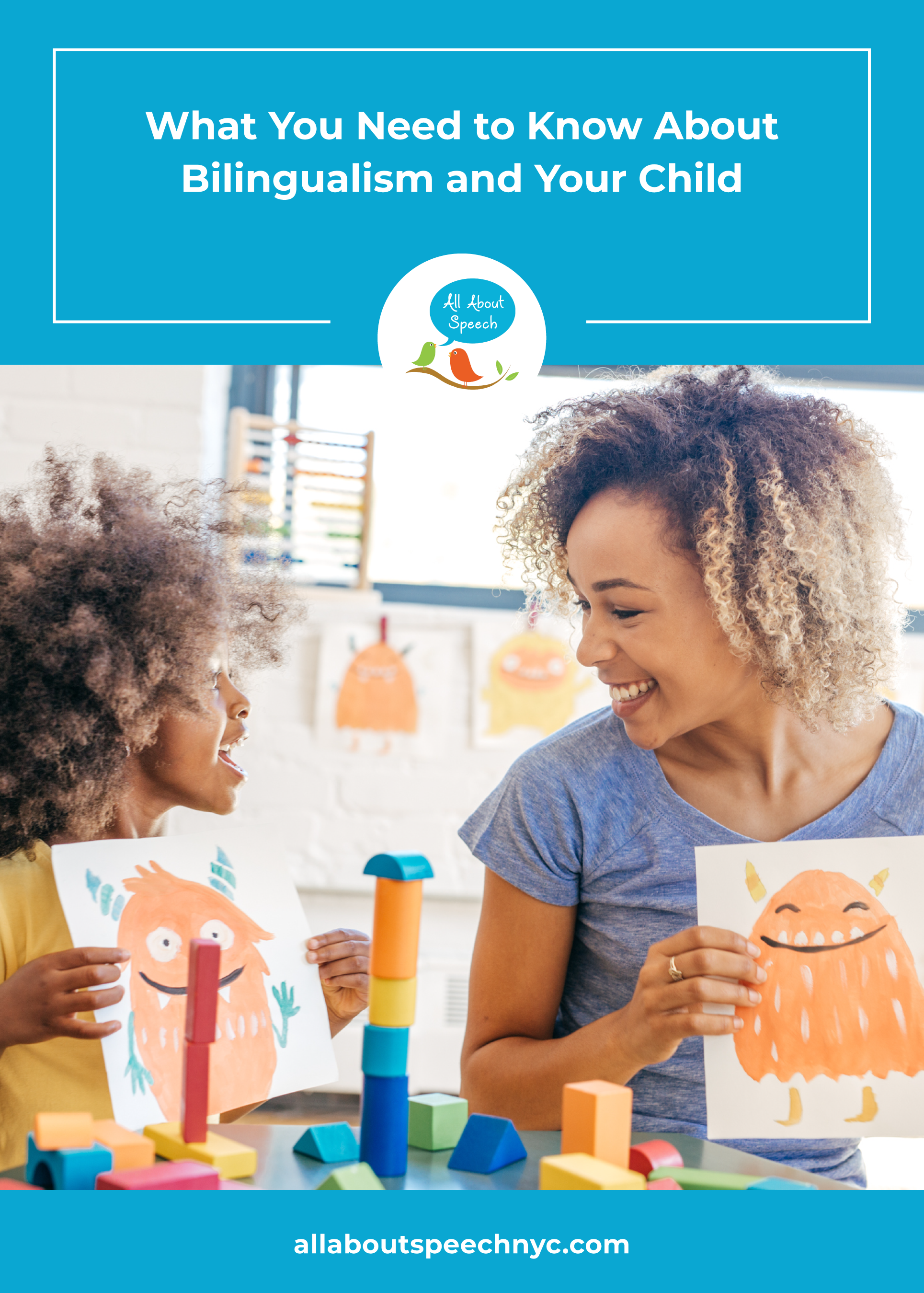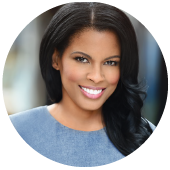What You Need to Know About Bilingualism and Your Child
Fast facts:
Using two languages is called bilingualism.
Anyone can learn a new language. It just takes time and lots of practice.
Learning two languages won’t cause speech or language problems.
Will learning two languages at the same time confuse my child?
Most children are able to learn more than one language easily. Your child just needs lots of time to practice using both languages every day. Sometimes children seem to know one language better than another; this is normal. Over time, your child’s language skills may change depending on how often he uses that language. Sometimes bilingual children mix grammar rules or use words from both languages in one sentence. This is a normal part of learning two languages.
My child will be speaking English at school. Is it okay if we don’t speak English at home?
Speak to your child in the language that you know best. Use your native language at home. English can be taught at school. This is a great way to help teach two languages.
My child just started going to an English speaking school. At school, he is quiet and will not talk to anyone. Should I be worried?
This is a new experience for your child. He is in a new school where he needs to learn a new language. It is normal for some children to go through a “silent period.” He may not be speaking the new language, but he is listening carefully to learn the new sounds, words, and grammar rules.
Will learning two languages cause speech and language problems?
Children around the world grow up learning more than one language and do not develop speech or language problems. Bilingual children develop language skills just like other children. They use their first words by 1 year of age just like other children. Bilingual children also will begin using two words together by age 2, like “hi mama” or “my ball.” Learning two languages depends on the amount of time and types of experiences your child has using both languages.
How can I help my child learn more than one language?
The most important thing that you can do is speak to your child in the language that you know best. If you are bilingual, speak both of your languages. The more that your child hears language, the more she will use it.
You might also:
Read to your child in both languages. Many libraries have bilingual books for children of all ages.
Listen to music or watch children’s programs in other languages. This is a great way to learn things like colors and numbers.
Join a bilingual play group or enroll your child in a bilingual school or camp.
Let’s Talk Permission is granted for unlimited copying of “Let’s Talk.” © American Speech-Language-Hearing Association, 2010 8064-35
Sandy Dorsey, President, All About Speech, Little Voices, Big Conversations.
Follow us on Facebook and Instagram. See what She Leads Africa is saying about Sandy Dorsey.


